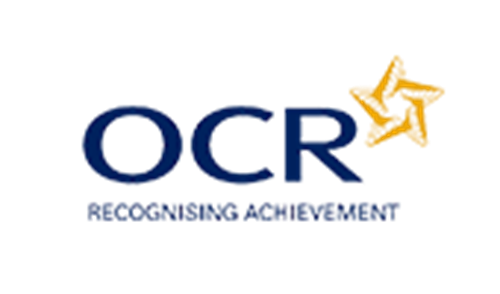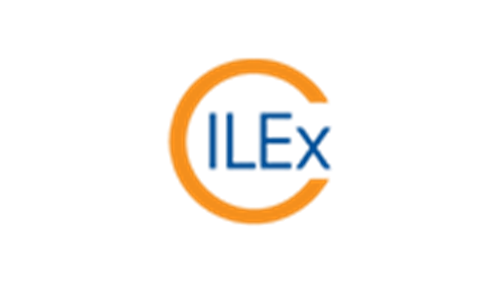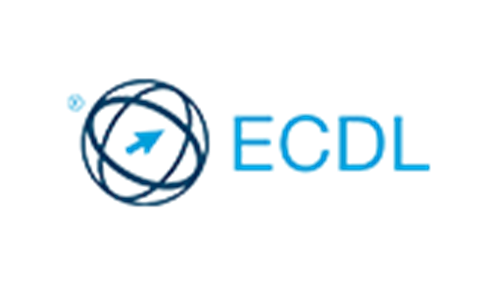Acting through management, the shareholders seek new projects with greater risk than what the creditors expect. Higher risk increases the required rate of return on debt, thus causing the outstanding value of bonds to fall. If the risky project is successful, all the profits and benefits will be acquired by stockholders since bondholders have fixed returns at the low-risk rate. However, if the risky project fails, bondholders will have to share the loss incurred, creating an agency problem. An agency relationship exists whenever one party’s actions affect his own welfare and the welfare of another party in a contractual relationship.
Outsiders, such as investors and lenders, do not know the firm as well as the firm's insiders. Therefore, for example, the firm's cost of capital might be higher than it should be. While shareholders own the firm and managers control the firm, managers may not act in the best interest of shareholders, and this problem https://1investing.in/ can be greatly exacerbated when there is a high degree of information asymmetry. Because of the actions of self-serving executives at firms such as Enron and WorldCom, it contributed to an investor confidence crisis around the world, which eventually led to major corporate governance reforms world-wide.
- However, hiring managers can create troubles and issues for stockholders in some cases.
- In landlord/tenant or more generally equipment-purchaser/energy-bill-payer situations, it is often difficult to describe who would be the principal and who the agent.
- It is well known that this law is specifically aimed at US-listed Chinese firms.
These relationships can be stringent in a legal sense, as is the case in the relationship between lawyers and their clients due to the U.S. Supreme Court’s assertion that an attorney must act in complete fairness, loyalty, and fidelity to their clients. On the other hand, if the company executive were to act ethically resulting in some sort of financial boost in the shareholder's stock, a positive connection will form. When it comes to business and the concept of agency theory, there several types of relationships that are closely intertwined and are faced with some sort of disagreement. Because the principal relies so heavily on the agent to make the right decision, there may be an assortment of conflicts or disagreements. An agency problem occurs when there is a conflict or disagreement between the agent and the principal.
Examples of Agency Problems
An agency relationship is created when any person or a group of persons, called agents, are appointed to act on behalf of any other person/organization, referred to as the principal. Most firms today use a package of economic incentives, along with some monitoring, to influence the manager's performance and thus reduce the agency problem. The firm pays to obtain a fidelity bond from a third-party bonding company to the effect that the latter will compensate the former up to a specified amount for financial losses caused by dishonest acts of managers. The monitoring outlays relate to payment for audit and control procedures to ensure that managerial behavior is tuned to actions that tend to be in the best interest of the shareholders. Good corporate governance policies, performance incentives, and oversight from external parties can help resolve the agency's problem.
Opportunity Costs
For example, establishing incentives for achieving sales quotas may result in more salespeople reaching daily sales goals. If the only incentive available to salespeople is hourly pay, employees may have an incentive for discouraging sales. Corporations employ several dynamic techniques to circumvent static issues resulting from agency problems, including monitoring, contractual incentives, soliciting the aid of third parties, or relying on other price system mechanisms. The study of agency problems is ongoing in both corporate and academic circles. Increasingly, contract design limits are recognized and corporations are turning to different incentive mechanisms.
An agency problem occurs when the agent is entrusted with acting on behalf of the principal and making decisions that are in the best interests of the principal, but the agent instead acts in their own self-interest or the interests of another party. Environmental, social, and governance issues have become an important part of the investment community's evaluation of publicly traded companies. Each component of what is now referred to as ESG has equal importance in ongoing corporate evaluations, as per Figure 2.3 below. It is critical for the senior management of any corporation to stay abreast of any and all ESG issues as they arise and take immediate corrective action when necessary. Even though established financial institutions reduce risk by providing oversight and enforcing legal practices, some Ponzi schemes simply involve taking advantage of consumer suspicions about the banking industry and financial markets. In this type of environment, the consumer cannot ensure that an agent is acting in their best interest.
What Is an Agency Problem?
Situations may arise in which stockholders of a firm find themselves in conflicts of interest with other stakeholders of the company. If such a wage increase were voted down by stockholders, this could result in key employees departing the organization, eventually leading to poorer business results and the dissatisfaction of other stakeholders in the company as company profits decline. In such an example, we see the agency problem of stockholders versus other stakeholders. Like most working individuals, managers want to maximize their own wealth, but this causes conflict between managers and stockholders. So, in order to minimize these types of conflicts, often times, managers are encouraged to work in the best interest of stockholders via incentives. Incentives can be in the form of money, threats of being fired, or by direct influence of stockholders themselves, which can be anything from hiring their own managers to becoming directly involved.
Agency theory has only recently come to recognize the role of dynamic capital and money markets in solving agency problems. Inefficiencies in corporate operations create a form of arbitrage opportunity for entrepreneurs, through reputation-creating organizations or takeovers, to move capital toward better management. The principal-agent problem in the public sector arises when there is a disconnect between politicians and public servants and their goals and interests.
It is essential for an organization to separate the management of a company from this ownership in order to avoid this type of agency problem. Stockholders trusted that the chairman, CEO, and CFO of Enron were working in their best interests. It turns out that instead, the three individuals were working in their own best interests. They decided to sell their Enron stock at higher prices because of false accounting reports. In the end, when the problem was discovered, Enron stocks sharply decreased costing stockholders millions of dollars.
Every company has its own set of goals and objectives, but it is important to note that the employee and personal goals of managers may differ and may not align with the goals and objectives of stockholders (ownership). Because these differences exist, and because all parties have a desire to maximize their own wealth, agency problems can often arise, having a negative impact on company profits, stock price, and the goodwill of the shareholder base. The agency problem is a conflict of interest that occurs when agents don’t fully represent the best interests of principals. Agents are frequently hired to allow businesses to obtain new skill sets that the principals lack or to accomplish work for the firm’s investors. In the business world, this relationship is represented by a company’s management team and the corporation’s shareholders. In other cases, the agent is the head of an investment firm while investors are the principals.
On average, other receivables accounted for almost 10% of the firm's total assets. Chinese securities regulators came down hard on this practice, and now it is essentially eradicated. However, as long as there are large shareholders, the horizontal agency problem will continue to exist. For example, controlling shareholders can engage in related party transactions with the firm on favorable terms. An example would be the firm buying an asset from the shareholder at a high price.
The main reason why the agency problems are different between Western firms and Chinese firms is because unlike in the West, pretty much every Chinese listed-firm has a very large shareholder. On average a Chinese listed-firm's largest shareholder owns at least 30% of the firm. Hostile takeovers are most likely to occur when a firm's stock is undervalued relative to its potential. Thus, managers have a strong incentive to take actions that maximize stock prices and possibly to avoid taking over.
Agency cost refers to the cost of resolving conflicts of interest among stockholders, bondholders, and managers. Agency cost includes all costs designed or incurred to encourage managers to maximize shareholders' wealth rather than act in their own self-interest. Ultimately, agency problems result from the differences among the interests of a company's management, other stakeholders of the firm, and its ownership or stockholders.
Numerous stockholders at Enron lost millions of dollars after the scandal was unraveled. The most frequent example of market discipline for corporate managers is the hostile takeover. Bad managers damage shareholders by failing to realize a corporation’s potential value, providing an incentive for better management to take over and improve operations. Financial theorists, corporate analysts, and economists often use principal-agent models to study and offer solutions for problems that result from conflicts of interest in business arrangements. In economic theory, the principal-agent approach (also called agency theory) is part of the field contract theory.[36][37] In agency theory, it is typically assumed that complete contracts can be written, an assumption also made in mechanism design theory.






























 WhatsApp
WhatsApp